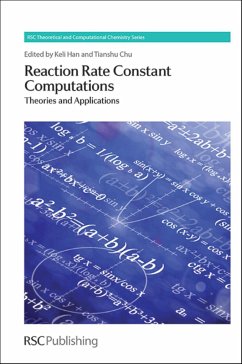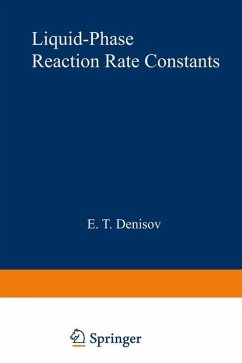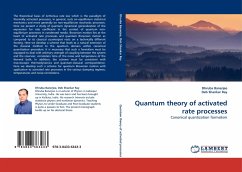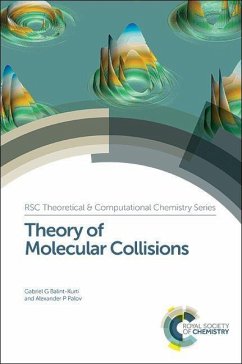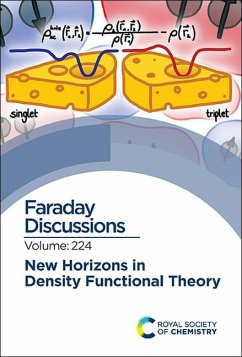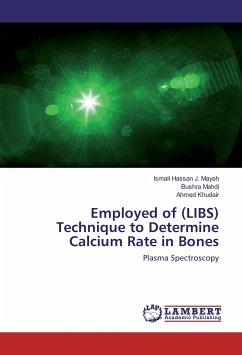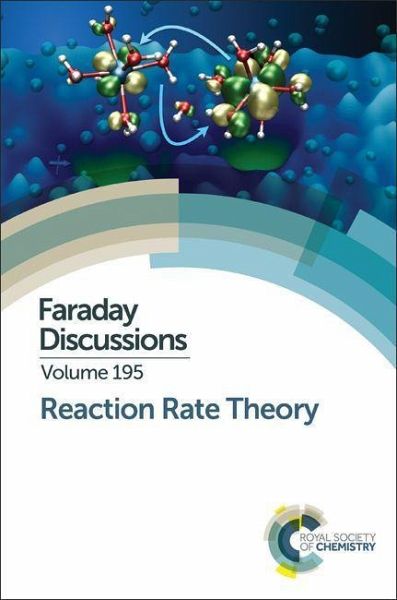
Reaction Rate Theory
Faraday Discussion 195
Versandkostenfrei!
Versandfertig in über 4 Wochen
212,99 €
inkl. MwSt.

PAYBACK Punkte
106 °P sammeln!
Reaction rate theory has developed rapidly in recent years and is being used to interpret and simulate an ever growing range of challenging rate-processes in chemistry, physics and biology. New theories and methodologies have been developed to treat processes including coupled proton and electron transfer, enzyme catalysis, nucleation and transport through cell membranes. Underlying these disparate areas of rate-theory are a common language, techniques and methodology. This Faraday Discussions brings together theoretical and physical chemists, molecular biologists, solid state physicists and b...
Reaction rate theory has developed rapidly in recent years and is being used to interpret and simulate an ever growing range of challenging rate-processes in chemistry, physics and biology. New theories and methodologies have been developed to treat processes including coupled proton and electron transfer, enzyme catalysis, nucleation and transport through cell membranes. Underlying these disparate areas of rate-theory are a common language, techniques and methodology. This Faraday Discussions brings together theoretical and physical chemists, molecular biologists, solid state physicists and bio-physicists in academia and industry to discuss recent advances in reaction rate theory.



